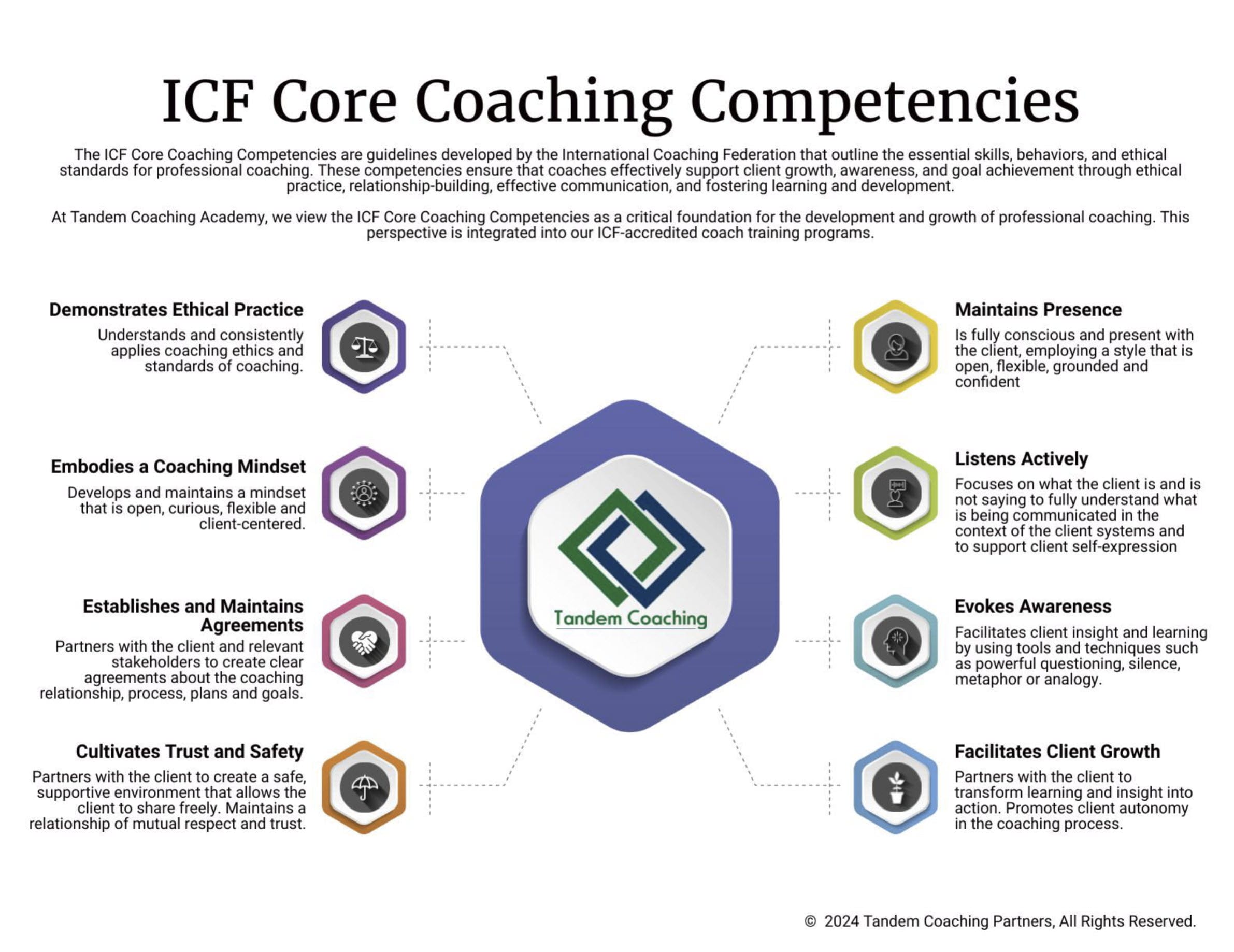Okay, so the truth is that this picture is not me. It’s not even Vermont–where I happen to be working and freezing right now! It’s my cousin Theresa, and it’s in Illinois. She is standing on her Dad’s frozen pond and loving it (speaking of psychological safety within)! When I saw her post this picture on Facebook all I could say was, “That is so cool!” But other people who viewed the picture were saying things to her like, “Get off there!” and “Are you nuts!” and “OMG you are scaring me!”
Experiencing exceptional things in life sometimes means taking risks. Without risk, we will never be as innovative as we could be because we’ll always be playing it safe. Some people are afraid of taking risks because with risk comes the possibility of failure. But mature agile leaders and teams will recognize that failure doesn’t have to be bad. In an organization where psychological safety is an integral part of their culture the failure is a good thing (as long as it is not repeated over and over again). We learn things through failure that we would never know if we hadn’t tried and flopped. We learn what we never want to do again and what changes we can make to create a better team or product in the future.
It really impressed me last week when I heard the leader of a new group of people I’m working with talk about risk and failure. He said, “We fired no one here for making a mistake. We want you to be innovative. Sometimes that will mean failure. If we don’t take chances we’ll never be the best. You will make mistakes. We all have. Just learn from them. If you aren’t making mistakes, you aren’t trying hard enough. Push harder.”
I heard a story about how this same leader handled a major mistake which was a testament to his taking the psychological safety of his people to heart. A brand new employee (less than a week) pressed the wrong button and brought the entire network down for the company and all of their customers. It took them a while to figure out how to fix it, but eventually they could get everyone up and running again. Customers were angry and the entire ordeal was costly.
The next day he called this new employee into his office. She was shaking in her boots because she knew that inevitably they would fire her for such a huge mistake. When she entered his office he looked at her and said, “What did you do?” She tried to explain and was petrified. When he realized how scared she was, he stopped her and said, “Don’t be afraid. You aren’t in trouble. I want to know how you figured out how to bring down the entire system with one click. You exposed a huge vulnerability that we need to address. Impressive work!! This is outstanding! Because of what you found, we can make sure this will never happen again.” It is not only enough to create a safe to fail space, but ensure that psychological safety is experienced by people within the organization at every turn.
You, sir, are my hero.

Unlock Your Coaching Potential with Tandem!
Dive into the essence of effective coaching with our exclusive brochure, meticulously crafted to help you master the ICF Core Coaching Competencies.
"*" indicates required fields
About the Author
Cherie Silas, MCC
She has over 20 years of experience as a corporate leader and uses that background to partner with business executives and their leadership teams to identify and solve their most challenging people, process, and business problems in measurable ways.
















